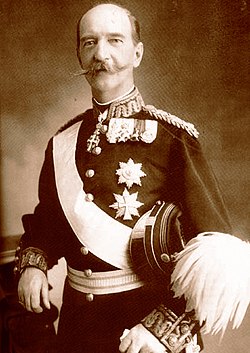 | |
Denmark | Greece |
|---|---|
| Diplomatic mission | |
| Embassy of Denmark, Athens | Embassy of Greece, Copenhagen |
Denmark has an embassy in Athens. Greece has an embassy in Copenhagen. Both countries are full members of the Organization for Security and Co-operation in Europe, Organisation for Economic Co-operation and Development, NATO and the European Union.


